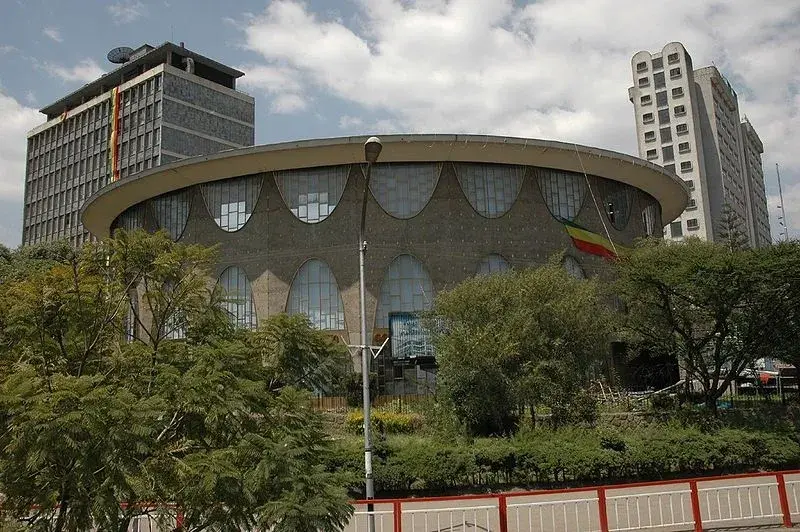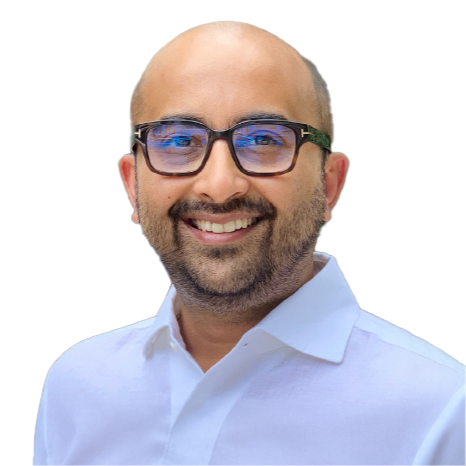Ethiopian EdTech Week 2025, held from June 11 to 12 in Addis Ababa, celebrated the vibrant community of local startups transforming education across the country.
Hosted by Reach for Change Ethiopia, the event highlighted how homegrown innovators are creating impactful digital learning solutions tailored to Ethiopia’s unique challenges.
The event celebrated the graduation of the first-ever cohort of the Mastercard Foundation EdTech Fellowship in Ethiopia, spotlighting 11 startups whose solutions have already reached over 255,000 learners nationwide.
Mastercard Foundation EdTech Fellowship graduates first cohort in Ethiopia
The highlight of the week was the graduation of 11 local startups from the Mastercard Foundation EdTech Fellowship, a program that supports African entrepreneurs reshaping how children and youth learn.
In Ethiopia, Reach for Change is implementing a three-year initiative, supporting a total of 36 ventures.
“This week is more than a graduation,” said Mekdim Gullilat, Reach for Change’s Country Manager. “It’s a celebration of vision, resilience, and a glimpse of the future for tech-based inclusive learning in Ethiopia.”
Over the past 12 months, the first cohort has reached more than 255,000 learners, many of whom are from underserved communities, including girls and students in rural areas. From AR-powered textbooks to AI-driven tutoring, these ventures reflect what’s possible when local innovation meets global support.
Local startups innovating education in Ethiopia
Each of the 11 enterprises received financial support, mentorship, and global exposure to learning science and business networks. Their solutions range from early childhood education to national exam prep, all tailored to Ethiopia’s unique needs:
Whiz Kids: Founded by Birikti Tigabu, uses multimedia content—including radio, TV, and digital platforms—to support holistic child development.
Qalam Education Platform: Developed by Abdikarim Ahmed and Omar Abdi, offers personalized learning for Grade 12 students struggling with national exams.
Dynamo Centre for Technology: A solution by Ahmed Jafar and Samuel Teshome that provides online learning for students in both urban and rural areas.
Muya Space: Hiwot Zelalem’s interactive platform connects TVET learners with skilled artisans via live tutorials.
Fidel Tutorial: Co-founded by Betelehem Alemu and Daniel Abza, this platform specialises in national exam readiness with tailored tutoring.
Koderlab Training Centre: Led by Hermela Fikre, focuses on closing the digital divide through IT training.
Kuraz Tech: An inclusive learning tool by Bisrategebriel Fisseha and Biruk Mamo, designed for affordability and accessibility.
Enechawet Games Plc: Founded by Bilisuma Getachew and Abiy Hailu, uses AR to turn children’s books into interactive experiences.
Muyalogy: Created by Miskir Adane, this culturally responsive SaaS platform supports online and offline learning.
Ahaz Platform: Asmelash Girmay and Teklay Gereziher’s digital platform advances equity in education by tackling access barriers.
Globe Dock: Developed by Kirubel Girma and Barkot Eshetu, uses AI to tailor learning and equip students with change-making skills.
“These entrepreneurs aren’t just building apps; they’re dismantling barriers,” Gullilat added.
African EdTech Fellowship’s growing impact
The Mastercard Foundation EdTech Fellowship has so far supported 141 startups across nine African countries, impacting over 4.4 million learners. The Ethiopian cohort alone has demonstrated that local startups can drive real results fast.
“The graduating cohort of the Mastercard Foundation EdTech Fellowship in Ethiopia brings the number of Fellows whose solutions were accelerated in 2024 to 92,” said Mefthe Tadesse, Country Director for the Mastercard Foundation in Ethiopia.
With internet access growing and mobile usage expanding across Ethiopia, the potential for EdTech is bigger than ever. But challenges remain—from infrastructure limitations to the need for deeper investment. Events like this week’s Demo Day are critical in connecting promising startups with the resources they need to grow.
Ethiopian EdTech Week 2025 wasn’t just a celebration, it was a rallying call. With the right mix of innovation, mentorship, and support, Ethiopia’s EdTech ecosystem is demonstrating its ability to tackle some of the toughest challenges in education. As the Mastercard Foundation and Reach for Change continue to support homegrown solutions, millions more learners could soon benefit.
















